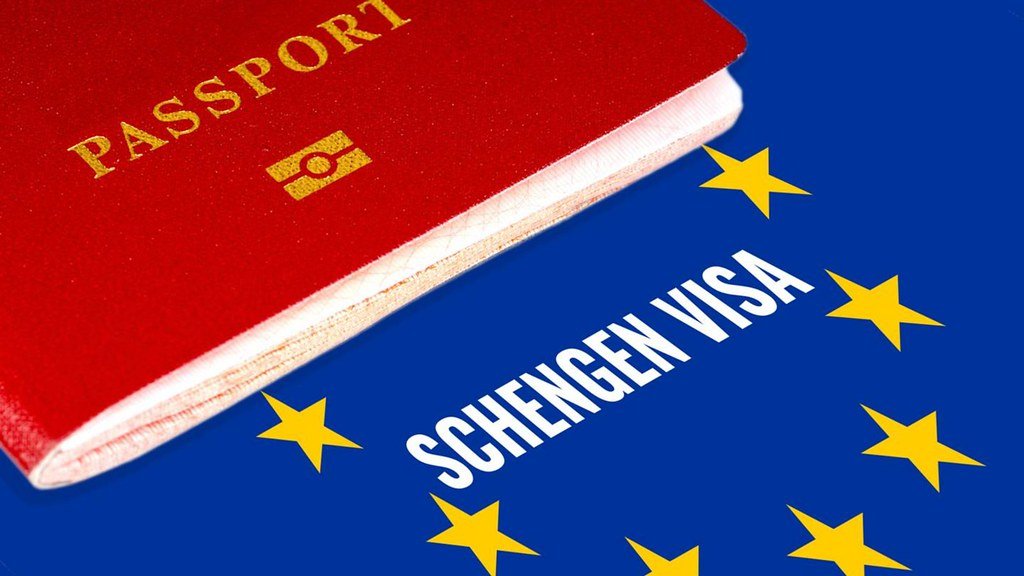Canada! A land renowned for its majestic landscapes, friendly locals, and, of course, maple syrup. But if you’re a US traveler planning a visit up north, there’s a bit more you need to pack alongside your enthusiasm and passport—a knowledge of Canada’s tax rules. Navigating the realm of cross-border taxation might not be the most exhilarating part of your journey, but it’s crucial for a seamless and compliant visit. Fear not, though, as this guide is here to demystify the Canadian tax laws for US travelers, making sure your adventure is as smooth as the country’s famous ice rinks.
Understanding Canada’s Tax Rules for US Travelers
Overview of cross-border taxation
Navigating the maze of cross-border taxation can be tricky for US travelers visiting Canada. At its core, cross-border taxation involves understanding the tax laws that apply when you’re earning income or purchasing goods in another country. It’s all about knowing what obligations you have to fulfill and how to do so without running afoul of local regulations. Also, read Tax Deductions Every Frequent Traveler in the USA.
Importance of understanding tax rules before traveling to Canada
Why bother wrapping your head around tax rules before hopping across the border? Well, it’s all about avoiding surprises—the kind that can lead to fines or bureaucratic headaches. Being in the know helps ensure that your visit is not only enjoyable but also compliant with Canadian laws, making for a seamless and stress-free experience.
Key Tax Considerations for US Travelers to Canada
1. Duration of stay
Your length of stay in Canada can significantly affect your tax situation. Short visits often have limited tax implications, but longer stays could necessitate a different tax approach, especially if your visit extends beyond 183 days in a year.
2. Residency status
Your residency status, in tax terms, plays a pivotal role. It determines which taxes you’re liable for and at what rate. It’s not just about where you live, but also about where you earn income and maintain social and economic ties.
3. Types of income subject to taxation
Understanding the types of income that could be taxed in Canada is crucial. For US travelers, this could include employment income earned in Canada, business income, and possibly gains from selling Canadian property. This doesn’t mean all is lost to taxes, but it pays to be aware of what’s owed to ensure compliance and potentially plan for tax efficiencies.
Tax Deductions and Credits for US Travelers in Canada
1. Deductions for business expenses
When traveling to Canada on business, US travelers can breathe a sigh of relief knowing that many of their expenses can be deductible. This includes costs directly related to the business activities, such as travel expenses, lodging, and even meals. Remember, keeping receipts and detailed records is your golden ticket to claiming these deductions. It’s like a financial thank-you note for doing business across the border!
2. Tax credits for foreign taxes paid
Now, here’s a bit of silver lining for you. If you’ve paid taxes in Canada, you might be eligible for a foreign tax credit on your US tax return. This means you can avoid the double-taxation headache, paying tax on the same income in two countries. It’s like Canada and the US giving each other a fiscal fist bump, ensuring you don’t get taxed twice. Just make sure to keep those Canadian tax documents handy – they’re your passport to potential savings.
Filing Taxes as a US Traveler in Canada
1. Filing requirements for non-residents
If you’ve been earning money in Canada, you might need to file a Canadian tax return as a non-resident. This primarily applies if you have Canadian source income, such as wages or rental income. The key point is not to panic; Canada’s tax system is navigable with the right information and, when in doubt, a professional’s help can be invaluable.
2. Filing options: paper vs electronic
Gone are the days when paper was your only choice. In Canada, you can file your taxes both ways – the traditional paper route or electronically through the Canada Revenue Agency’s (CRA) NETFILE system. Electronic filing is speedy, secure, and you’ll receive your assessment quicker than mailing a paper return. It’s like choosing between mailing a letter or sending an email; both get the job done, but one is just faster.
Tax Treaties between the US and Canada
Understanding the tax treaties between the United States and Canada is crucial for US travelers. These agreements are designed to promote and facilitate economic activities between the two countries by avoiding double taxation and preventing tax evasion.
1. Purpose and benefits of tax treaties
Tax treaties serve multiple purposes, including the elimination of double taxation, providing clarity on tax obligations for residents and non-residents, and simplifying the tax-paying process. For US travelers, these benefits mean more predictability in financial planning and potentially significant savings.
2. Common provisions in the US-Canada tax treaty
The US-Canada tax treaty includes provisions aimed at reducing the tax burden on income, dividends, interest, and royalties. It also outlines clear guidelines for determining tax residency, helping travelers understand their tax obligations more easily.
Avoiding Double Taxation for US Travelers in Canada
One of the biggest concerns for US travelers in Canada is the possibility of being taxed both in the US and Canada. Luckily, mechanisms exist to prevent this.
1. Foreign tax credits
The US allows its residents to claim foreign tax credits for the income tax paid to another country, such as Canada. This means taxes paid in Canada can offset the tax liability in the US, effectively eliminating double taxation.
2. Income exclusions under tax treaties
Additionally, the tax treaty between the US and Canada includes provisions for income exclusions. Certain types of income that meet specific conditions may be exclusively taxed in one country and exempt in another. This further reduces the likelihood of double taxation and simplifies the tax obligations for US travelers visiting Canada. Also read 8 Genius Money-Saving Travel Hacks.
Tips for Compliance and Avoiding Tax Penalties

Navigating Canada’s tax laws as a US traveler doesn’t have to be daunting. With a few pro tips under your belt, you can enjoy your visit without worrying about tax penalties.
1. Keeping accurate records
Make sure to keep detailed records of your earnings and any taxes paid in Canada. This includes receipts, bank statements, and any documents related to employment or business activities. It’s like keeping a travel journal, but for your finances!
2. Seeking professional advice
When in doubt, consult a tax professional who understands the intricacies of cross-border taxation. They can provide tailored advice and help you navigate the complexities of Canadian tax laws, ensuring you stay compliant and penalty-free. Consider having a knowledgeable guide by your side on your financial journey through Canada.
Conclusion
Embarking on a journey across the border from the US to Canada promises an adventure filled with stunning landscapes, diverse cultures, and the joy of exploration. Understanding Canada’s tax rules for US travelers is key to a seamless and pleasurable experience. Remember, staying informed, keeping receipts, and knowing about provincial tax rebates can make a world of difference in navigating the nuances of cross-border taxation. With this guide in hand, you’re now better equipped to enjoy everything Canada has to offer without worrying about tax complications. Safe travels!





